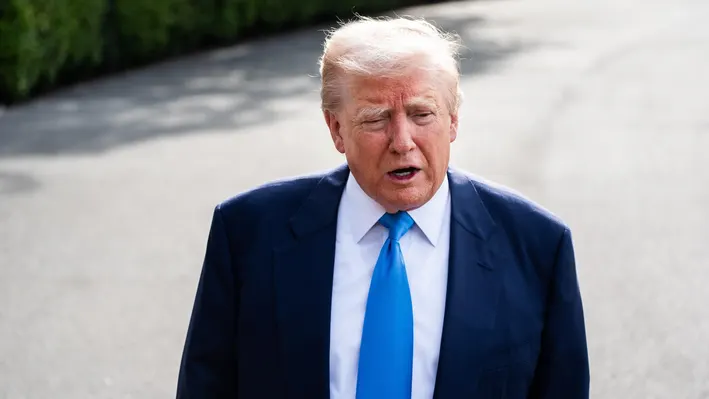In a notable foreign policy statement, President Donald Trump reaffirmed his opposition to regime change in Iran, stating that the United States should prioritize stability over chaos in the region. The comments, captured in a widely shared post by conservative commentator Bo Loudon, mark a nuanced turn in Trump’s messaging, particularly in light of his administration’s hardline actions toward Iran during his time in office.
“We’re not looking for regime change in Iran. What we want is stability. We don’t need another endless war,” Trump said, distancing himself from interventionist strategies associated with past administrations.
The former president’s statement comes amid renewed tensions in the Middle East following a series of U.S. airstrikes targeting Iranian nuclear facilities — actions justified by the Pentagon as preventive measures against Iran’s suspected nuclear ambitions, not attempts to overthrow the government.
Trump’s assertion contrasts with the more aggressive stance his administration often took toward Iran, including the 2018 withdrawal from the Joint Comprehensive Plan of Action (JCPOA) — the Iran nuclear deal — and the targeted killing of top Iranian commander Qassem Soleimani in 2020. These actions heightened fears of broader conflict and sparked accusations that the U.S. was inching toward a strategy of forced regime change.
Now, in 2025, Trump appears to be reinforcing a core “America First” narrative, advocating military strength while resisting long-term foreign entanglements.
The statement also reflects a growing divide within the Republican Party on foreign policy. While some hawkish voices continue to support interventionist tactics, a significant faction of Trump’s base — including veterans and nationalist conservatives — favors a non-interventionist, stability-oriented approach.
Media outlets like Axios and Reuters have reported that this internal tension has shaped recent Republican discourse, especially as the party navigates upcoming elections and reassesses its role on the global stage.
Foreign policy analysts suggest Trump’s comments reveal a dual-track strategy: assertive military measures aimed at deterrence, coupled with an aversion to the kind of prolonged foreign interventions that have defined U.S. policy in Iraq and Afghanistan.
“Trump’s position is less about Iran itself and more about keeping America out of another costly, destabilizing war,” said Dr. Lena Morgan, a political analyst at the Atlantic Policy Center. “He’s attempting to thread the needle — strong on defense, cautious on intervention.”

